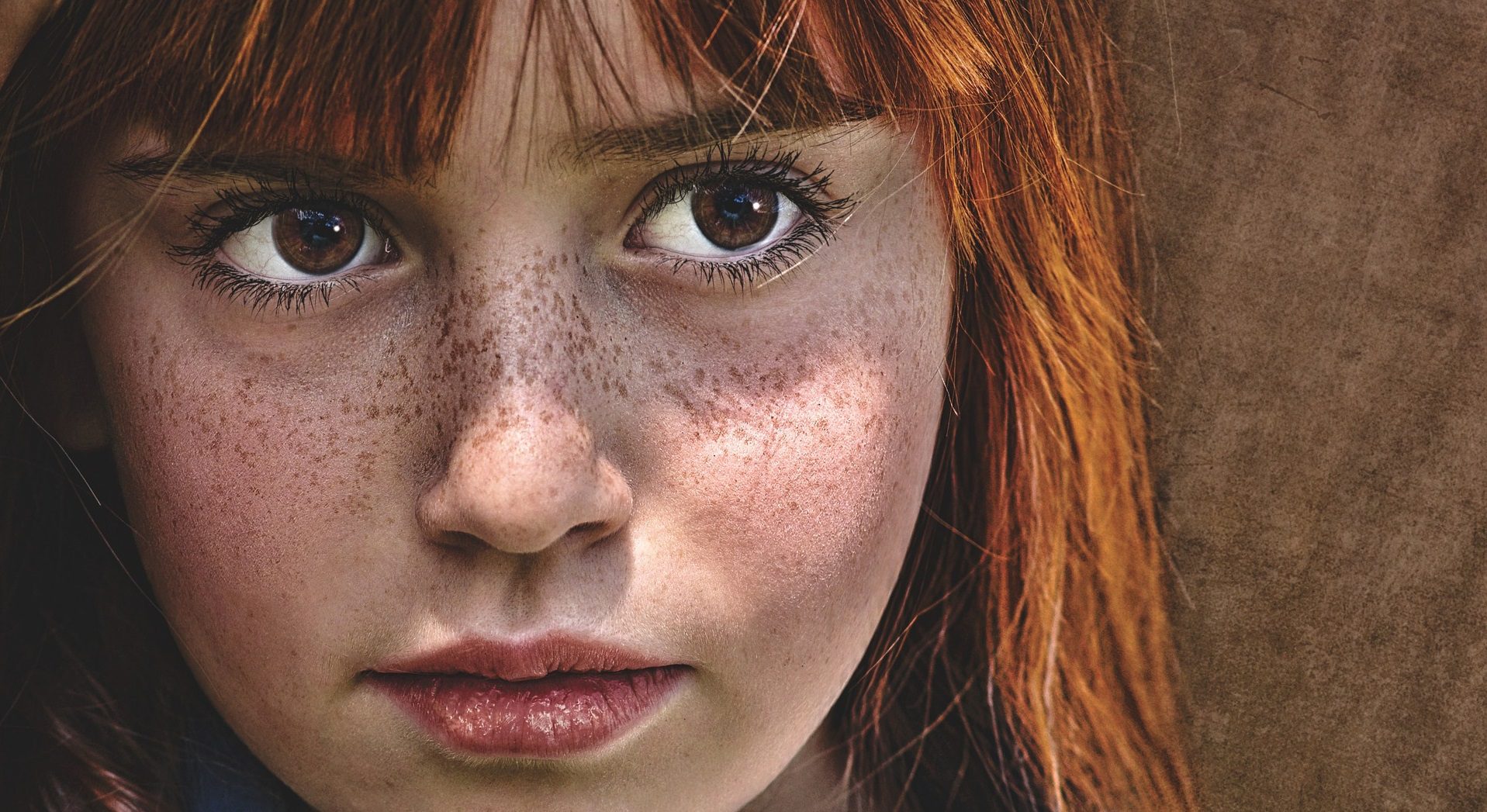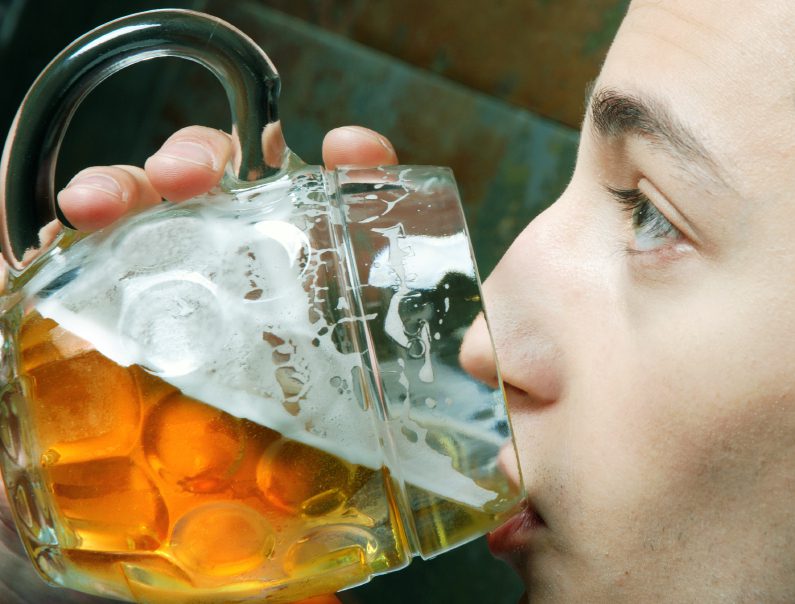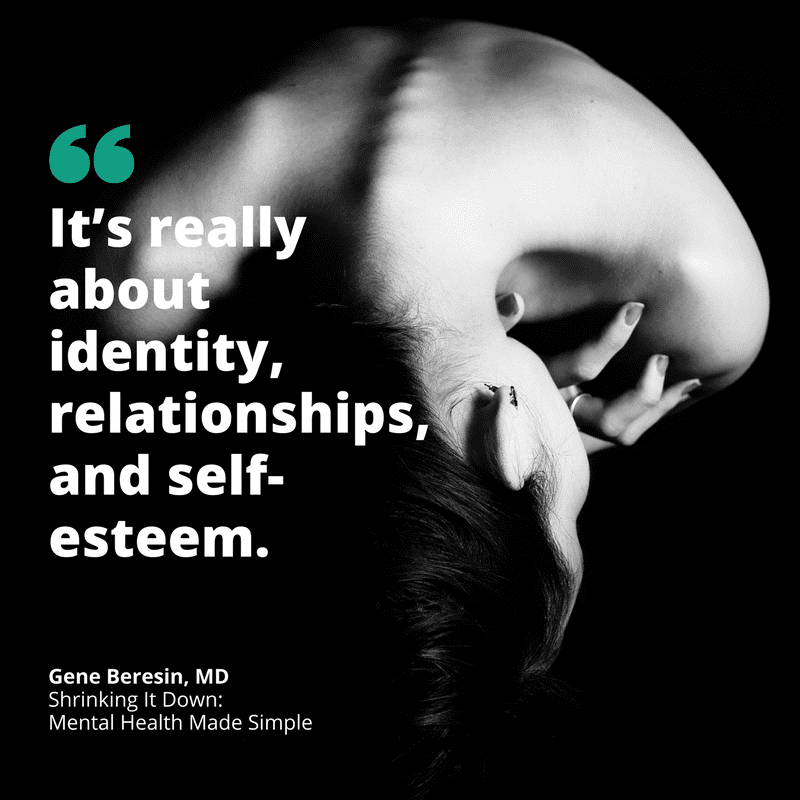Articles containing: adolescents
What Is a Personality Disorder?

I’ve always had a problem with the label “personality disorder,” and so have many of my patients. I think it’s because we typically associate “personality” with a “person,” so the term seems to suggest that there’s something wrong with the human being.
Cognitive Behavior Therapy (CBT): A Closer Look

Listen to our podcast episode on Cognitive Behavior Therapy, featuring Susan Sprich, PhD.
Jenny was a 15-year-old high school sophomore who had suffered from depression for six months. Her pediatrician referred her to a psychiatrist, who prescribed Prozac for her depressive symptoms.
Are ER Visits the Answer to Mental Health Issues at School?

Anyone who works in a school can tell you that mental health concerns are an integral part of their job. After all, students need to be at their emotional best in order to perform at their scholastic best. There may be exceptions, but the general rule of thumb is that healthy kids are the best students.
What Is Family Therapy?

Family therapy emphasizes the idea that a child lives and grows in relationship to others, particularly in relationship to members of his or her own family. There are many different family therapy approaches.
What If My Child Has A Drinking Problem?

How can you tell if your child has a drinking problem? By far, the most commonly misused drug among teens is alcohol. This makes sense, as alcohol is legally available throughout the United States, it’s heavily advertised and glorified in the media, and frequently used in celebratory activities.
What Are the Treatments for Eating Disorders?

Question: What Are the Treatments for Eating Disorders?
Because eating disorders are complex – and are caused by multiple factors – treatments need to address multiple influences.
Shrinking It Down: Home for the Holidays

You can also subscribe to this podcast on iTunes, Spotify, Google Play, Stitcher, TuneIn, SoundCloud, and most podcast apps.
Here we are, in the peak of the holiday season. Do you feel joyful? Do you feel down? Are you simply overwhelmed? Whatever it is you’re feeling, it’s okay, and we guarantee you’re not alone.
Hope Beyond Anorexia – Shrinking It Down (Season 1, Episode 9)

You can also subscribe to this podcast on iTunes, Spotify, Google Play, Stitcher, TuneIn, and most podcast apps – just search for “Shrinking It Down”.
More Kids Are Receiving Mental Health Care, But…

At The Clay Center, we find ourselves writing often about how seeking psychiatric treatment is stigmatized in the United States. We especially worry about this issue when it comes to children and adolescents.
Listen To Your Kids, But Not Necessarily To Their Music

My first big concert was Foreigner. I can’t recall who opened for them, but I remember that it was loud.
My feet stuck to the half-dried beer that was splashed across the concrete floor of Kemper Arena in Kansas City, Missouri.



